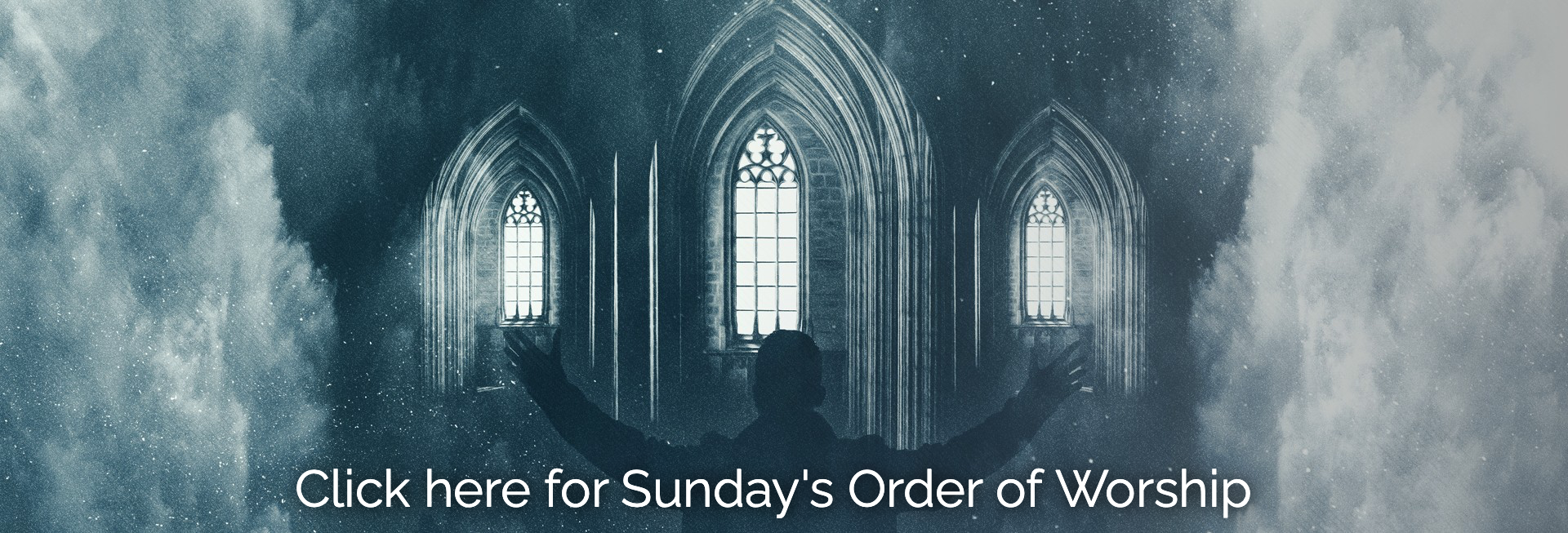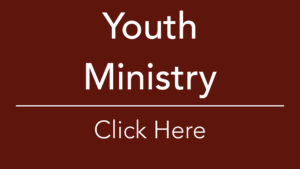Welcome to Northminster
Join us this Sunday!
Upcoming Events
The Latest from our blogs…

May 2022 Pastor’s Corner – Irritating
Posted on May 1, 2022 by David Garrison in Christian Living, Devotions, General, HomePage, Pastor's Corner, Spiritual Growth | 0

“So I find it to be a law that when I want to do right, evil lies close at hand. For I delight in the law of God, in my inner being, but I see in my members another law waging war against the law of my mind and making me captive to the law of sin that dwells in my members. Wretched man that I am! Who will deliver me from this body of death?” (Rom. 7:21–24)
We are deep in the throes of pollen season. You can’t really miss it, since we’re all driving greenish-yellow cars right now. It is arguably the most singularly irritating season of the entire year. If you suffer from allergies, it’s torture. If you don’t, it’s irritating. The pollen gets everywhere and covers everything. Occasionally you can even see clouds of the stuff blowing out of the trees, but even when you can’t, you can taste it every time you step outside. Constant sneezing, runny noses, and itchy eyes are part and parcel these days. Considering how small pollen particles are, it’s pretty impressive how much trouble they cause.
The only relief we can look forward to is the next rain shower. For a brief moment, perhaps a few hours or even a day if we’re lucky, the rain will wash the pollen away. Our cars return to their usual colors, our decks and homes are washed clean, and the air doesn’t attack our nasal passages. For a little while, at least. Of course, that very rain triggers even more pollen to come, but I’m working on an analogy here so let’s not push things farther than they’re meant to go.
We focus a lot of our time and energy on avoiding the “big” sins (such as sexual immorality, rage, jealousy, envy, drunkenness and the others listed in Galatians 5:19-21), which we should. But sometimes I think we forget about the “small” sins, or we think they’re not that big of a deal. As long as we’re not “too bad” then we should be ok, right? However, kind of like pollen, those small sins can become big irritants. If we don’t attend to the small sins in addition to the big ones, they can irritate our faith and our walk with the Lord. The simple truth is that sin is sin, regardless of its size.
Just like we yearn for rain to wash the pollen away, we can rest assured that, through the sacrifice and resurrection of Jesus Christ, we can “draw near with a true heart in full assurance of faith, with our hearts sprinkled clean from an evil conscience and our bodies washed with pure water.” (Heb. 10:22) Jesus didn’t just cleanse us of the “big” sins, but the “small” ones too. The pure water of the Holy Spirit and the Word of God wash us clean. May we take all of our sins to the cleansing waters of the Holy Spirit so that we can be refreshed, renewed and restored.
“Christ loved the church and gave himself up for her, that he might sanctify her, having cleansed her by the washing of water with the word, so that he might present the church to himself in splendor, without spot or wrinkle or any such thing, that she might be holy and without blemish.” (Eph. 5:25–27)
Read more...
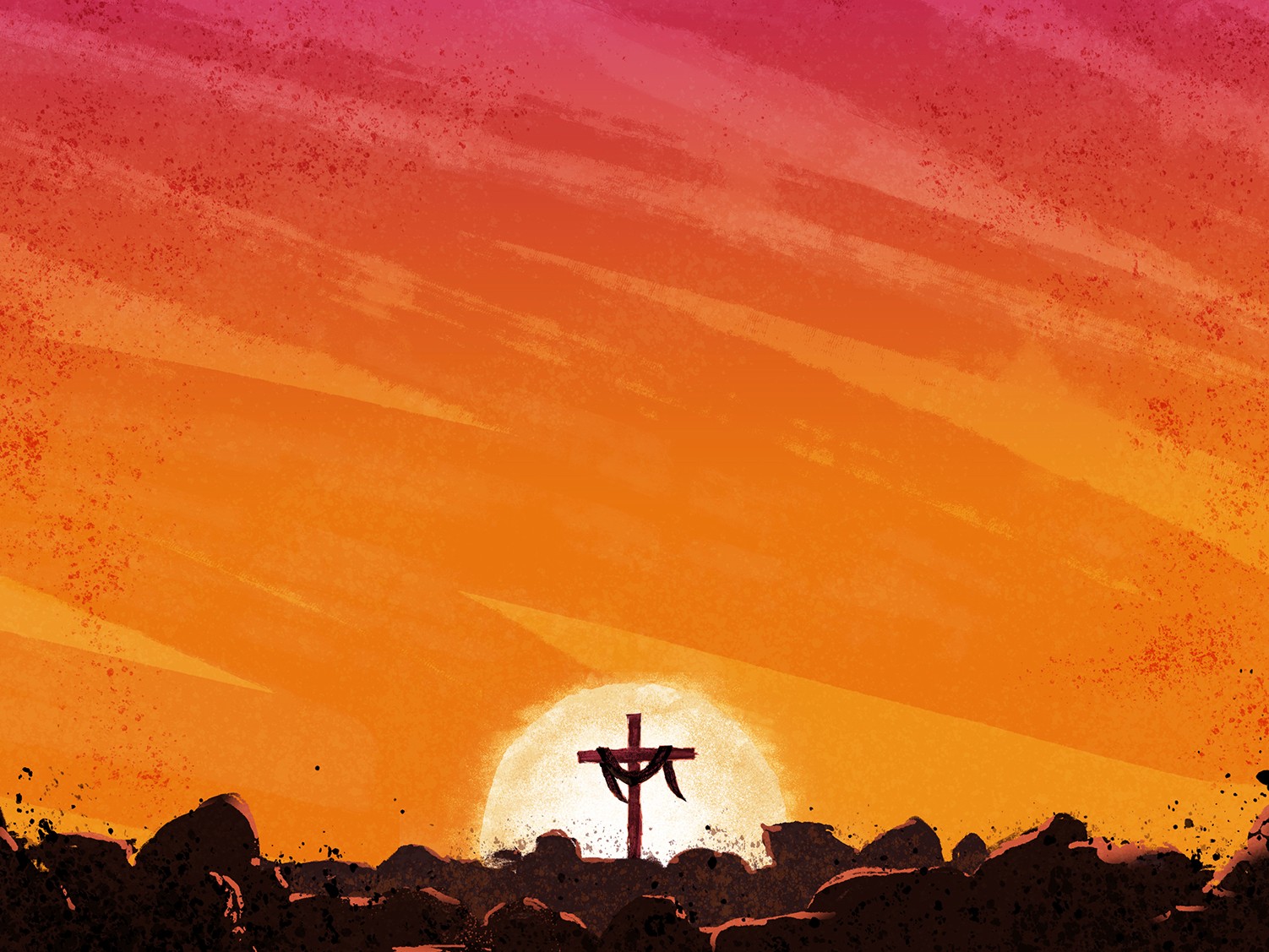
April 2022 Pastor’s Corner – The Son Rises
Posted on Apr 1, 2022 by David Garrison in Christian Living, General, HomePage, Pastor's Corner, Worship | 0

Now after the Sabbath, toward the dawn of the first day of the week, Mary Magdalene and the other Mary went to see the tomb. And behold, there was a great earthquake, for an angel of the Lord descended from heaven and came and rolled back the stone and sat on it. His appearance was like lightning, and his clothing white as snow. And for fear of him the guards trembled and became like dead men. But the angel said to the women, “Do not be afraid, for I know that you seek Jesus who was crucified. He is not here, for he has risen, as he said. Come, see the place where he lay. Then go quickly and tell his disciples that he has risen from the dead, and behold, he is going before you to Galilee; there you will see him. See, I have told you.” So they departed quickly from the tomb with fear and great joy, and ran to tell his disciples. (Matt. 28:1–8)
Rev. David Garrison
Read more...

March 2022 Pastor’s Corner – Trust & Hope
Posted on Mar 1, 2022 by David Garrison in Christian Living, Devotions, General, HomePage, Pastor's Corner, Spiritual Growth | 0

1Yahweh, my heart is not haughty, I do not set my sights too high. I have taken no part in great affairs, in wonders beyond my scope. 2 No, I hold myself in quiet and silence, like a little child in its mother’s arms, like a little child, so I keep myself. 3 Let Israel hope in Yahweh henceforth and for ever. (Psalm 131, New Jerusalem Bible)
Every once in a while you happen across a passage of scripture that catches you off guard. At first, you think, “that’s a nice Psalm.” But then you keep thinking about it. A few hours later, it becomes, “man, I can’t get that Psalm out of my mind.” As the hours turn to days, you start to think, “Yeah, there’s something going on here. Why is this Psalm continuing to rattle around in my head?” If you haven’t already, this is the point when our thinking should turn into praying. We ask the Holy Spirit to open our eyes and soften our hearts in order to hear what He is trying to tell us.
That’s what happened to me just a few weeks ago. I came across this Psalm in preparation for last month’s Session meeting. It made a very nice opening devotion for our meeting. But then I couldn’t stop thinking about the Psalm. I love the imagery it uses — the idea of resting contentedly in God’s arms the way a little child rests in his mother’s arms speaks to the deep longing of my soul. But that’s not the part that stuck with me. It was the first verse that wouldn’t leave me alone. The hard truth of the matter that I’d prefer not to admit is that my heart is inclined toward haughtiness. I do tend to set my sights too high. I am prone to thinking that I’m the one who has to solve all of life’s problems, in great affairs and wonders beyond my scope. It’s not that I’m terribly arrogant or boastful, rather more that I often think it’s my responsibility to figure everything out and know what the right course or solution should be. I am often discontent with my lot, and think it’s up to me to change it.
But that isn’t what God wants from me, or from us. Rather, we’re invited and encouraged to be still and quiet, to rest contentedly in His arms. That’s the image of verse 2. A child, whose every need has been met and trusts fully in her mother, peacefully at sleep, without a fear or worry. That is the kind of relationship God yearns to have with us. God yearns to provide for our every need, to keep us safe and secure, to hold us warmly and tenderly so we can rest in Him without fear or worry. What keeps us from experiencing that kind of love is our discontent, our constant striving for more… in other words, the haughtiness of our hearts and the setting of our sights too high.
The Holy Spirit is still convicting me through this Psalm. My soul yearns for this peace and rest, but my heart resists. I find myself praying through this Psalm and also Paul’s words in Romans 7: “I do not understand my own behaviour; I do not act as I mean to, but I do things that I hate.” (Rom. 7:15) Maybe that’s something you find happening in your heart and soul as well. That’s ok, it’s part of the journey. As soon as we learn to trust God a little bit, He invites us to take the next step and trust Him even more deeply. To steadily and steadfastly rest in Him more and more; to become progressively more content with His provision. It’s easier said than done, but the rewards are well worth it.
Not that I am speaking of being in need, for I have learned in whatever situation I am to be content. I know how to be brought low, and I know how to abound. In any and every circumstance, I have learned the secret of facing plenty and hunger, abundance and need. I can do all things through him who strengthens me. (Phil. 4:11–13)
Blessings,
Rev. David Garrison
Read more...
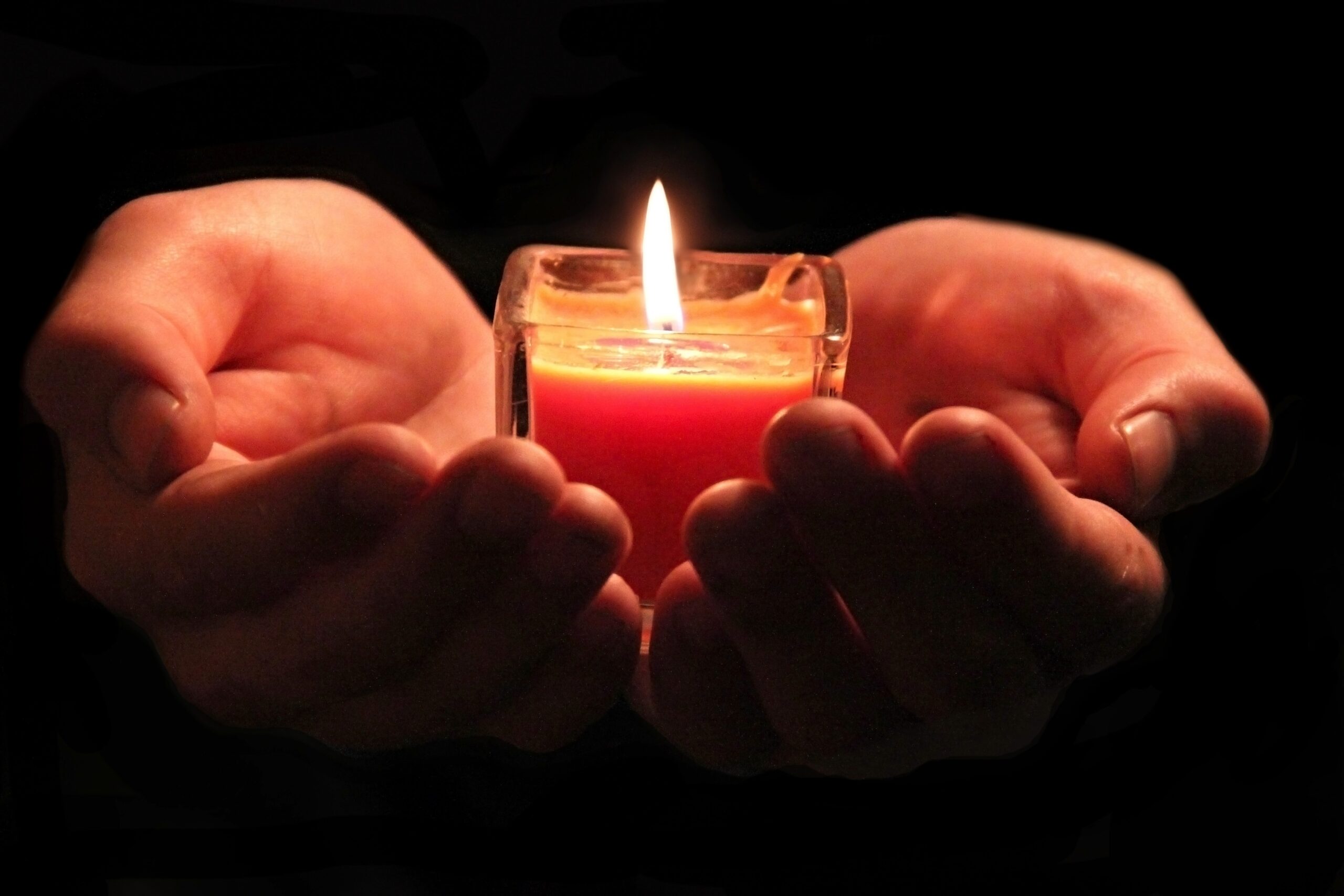
February 2022 Pastor’s Corner – The Light Shines
Posted on Feb 1, 2022 by David Garrison in Christian Living, Coronavirus, General, HomePage, Pastor's Corner, Spiritual Growth | 0

“The true light, which gives light to everyone, was coming into the world. He was in the world, and the world was made through him, yet the world did not know him. He came to his own, and his own people did not receive him. But to all who did receive him, who believed in his name, he gave the right to become children of God, who were born, not of blood nor of the will of the flesh nor of the will of man, but of God.” (John 1:9–13)
“For what we proclaim is not ourselves, but Jesus Christ as Lord, with ourselves as your servants for Jesus’ sake. For God, who said, “Let light shine out of darkness,” has shone in our hearts to give the light of the knowledge of the glory of God in the face of Jesus Christ.” (2 Cor. 4:5–6)
Rev. David Garrison
Read more...
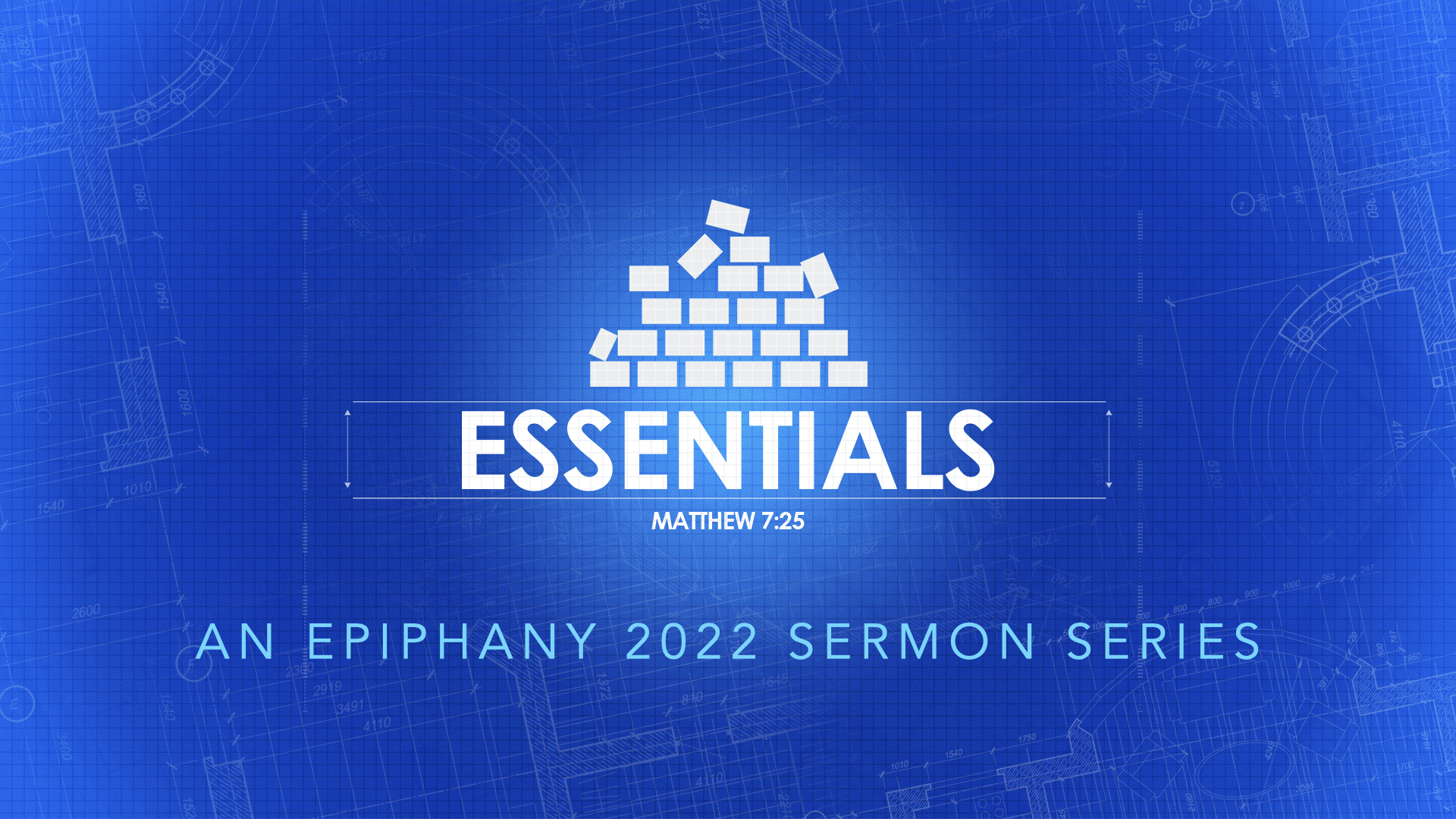
January 2022 Pastor’s Corner – What Are The Essentials?
Posted on Jan 1, 2022 by David Garrison in Christian Living, General, HomePage, Pastor's Corner, Sermons | 0

“Everyone then who hears these words of mine and does them will be like a wise man who built his house on the rock. And the rain fell, and the floods came, and the winds blew and beat on that house, but it did not fall, because it had been founded on the rock.” (Matt. 7:24–25)
Rev. David Garrison
Read more...



